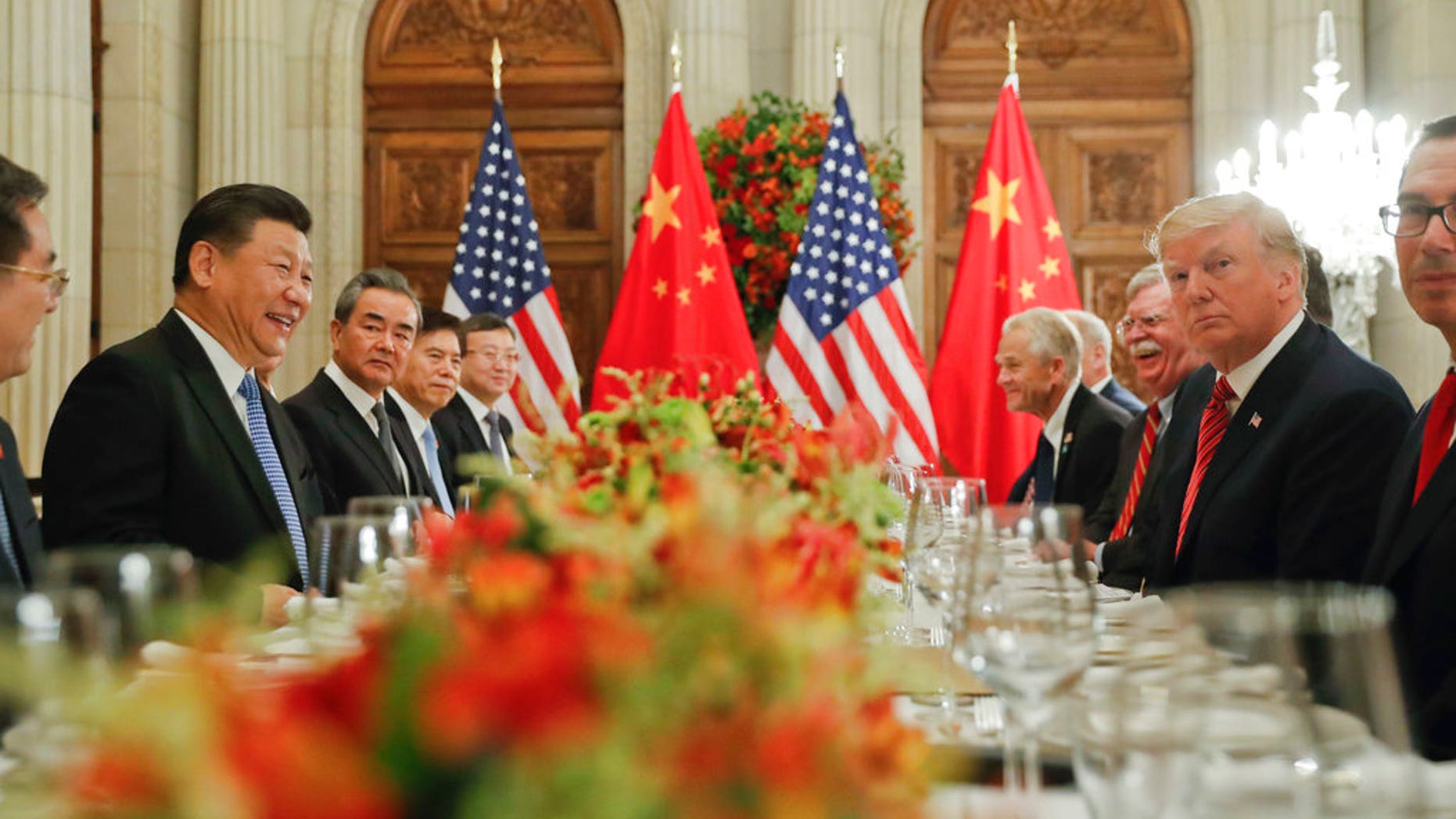Trump–Xi Summit in Busan: A Fragile Reset in U.S.–China Relations
Busan, South Korea — October 30, 2025.
In a meeting closely watched across the globe, U.S. President Donald Trump and Chinese President Xi Jinping held their first face-to-face talks in six years, signaling what both leaders called a “new chapter” in relations between the world’s two largest economies. The encounter, staged on the sidelines of the APEC Leaders’ Summit in Busan, brought together two contrasting personalities who have defined a turbulent era in global politics — and yielded a mix of progress, symbolism, and unresolved tension.
A Meeting Long in the Making
This was Trump’s first direct meeting with Xi since 2019, when trade wars and tariff battles drove the U.S.–China relationship to its lowest point in decades. Their latest encounter came against a backdrop of economic slowdown in both countries, rising military competition in the Pacific, and growing global uncertainty over trade and technology access.
The atmosphere, though cautious, was markedly more cordial than expected. Trump described Xi as “a great leader of a great country” and rated the meeting “twelve out of ten.” Xi, in turn, spoke of the need for the U.S. and China to “jointly shoulder our responsibilities as major powers” and to “work together for the good of the world.”
Key Outcomes: Trade Relief and a Pause in Escalation
1. Tariff Reductions
In what Trump hailed as a “breakthrough,” the U.S. agreed to reduce tariffs on Chinese imports from an average of 57% to 47%, partially rolling back duties imposed during earlier rounds of trade conflict. The move aims to ease inflationary pressures in the U.S. and stabilize supply chains that were strained by years of punitive tariffs.
Tariffs linked to China’s alleged role in fentanyl precursor chemicals — a major point of contention — were halved from 20% to 10%. In exchange, China committed to stricter monitoring of chemical exports and renewed cooperation with U.S. drug enforcement agencies.
2. Agricultural Cooperation
China also agreed to resume large-scale purchases of U.S. soybeans and other agricultural commodities, providing a much-needed boost to American farmers and signaling a softening of trade hostility in the agricultural sector.
3. Rare-Earth Minerals and Technology Access
Beijing announced it would suspend new restrictions on exports of rare-earth minerals — materials vital to the global electronics and defense industries — for at least one year. The suspension offers a lifeline to U.S. technology manufacturers who had faced shortages amid China’s export curbs.
4. Future Diplomatic Exchanges
Both leaders confirmed plans for reciprocal state visits in 2026, with Trump expected to travel to Beijing in April, followed by a visit from Xi to Washington later in the year. The announcement suggests both sides are eager to institutionalize a new phase of dialogue, even if only temporarily.
Unresolved Fault Lines
Despite the optimistic rhetoric, the summit avoided the most sensitive issues dividing Washington and Beijing.
-
Taiwan was not mentioned publicly, although sources suggest it featured privately in discussions. Trump’s team reportedly pressed for restraint following recent Chinese military exercises near the island.
-
Technology exports and semiconductor controls remain flashpoints. The U.S. continues to restrict advanced chip exports to China, citing national security, while Beijing has vowed to pursue self-reliance in critical technologies.
-
Geopolitical competition in the South China Sea and cybersecurity disputes were left off the official communiqué, reflecting both sides’ desire to highlight progress rather than confrontation.
A Calculated Thaw
Analysts view the Busan meeting as a “calculated thaw” rather than a full reconciliation.
“Both leaders are under pressure at home,” said Dr. Mei Lin, a senior fellow at the Singapore Institute of International Affairs. “Trump faces domestic economic headwinds, while Xi needs to restore investor confidence amid China’s slowdown. The summit allowed each to project control and pragmatism without appearing to back down.”
The rare-earth and tariff deals, while significant, lack binding enforcement mechanisms, meaning the détente could unravel if either side accuses the other of non-compliance. Moreover, the rhetoric of “friendship” masks enduring mistrust between the two powers.
Global Implications
Economic Impact
Markets reacted positively to the news of tariff relief and renewed agricultural trade. Commodity prices for soybeans and copper rose slightly, and Asian markets ended the week higher amid hopes of improved U.S.–China stability.
Strategic Balance
For the broader Indo-Pacific region, the summit provided temporary breathing space. Countries such as Japan, South Korea, and India have cautiously welcomed the reduction in tensions but remain skeptical about its durability. “It’s a pause, not a peace,” one senior South Korean official said.
For the Global Order
Xi’s call for the U.S. to “embrace its responsibilities as a world superpower” was interpreted by some observers as both a challenge and an invitation — an implicit reminder that cooperation between Washington and Beijing remains essential to tackling climate change, trade disruptions, and global security crises.
Looking Ahead
Both Trump and Xi emerged from Busan claiming success. Yet the real measure will come in the months ahead:
-
Will China follow through on its trade and export commitments?
-
Will Washington sustain lower tariffs amid domestic political scrutiny?
-
And can both leaders resist the temptation to reignite confrontation ahead of future elections and leadership milestones?
As of now, the Busan summit marks a momentary détente — a pragmatic pause in a rivalry that continues to define the twenty-first century.
Could AI-Focused GPUs and NPUs Redefine the Future of Computing? | Maya




